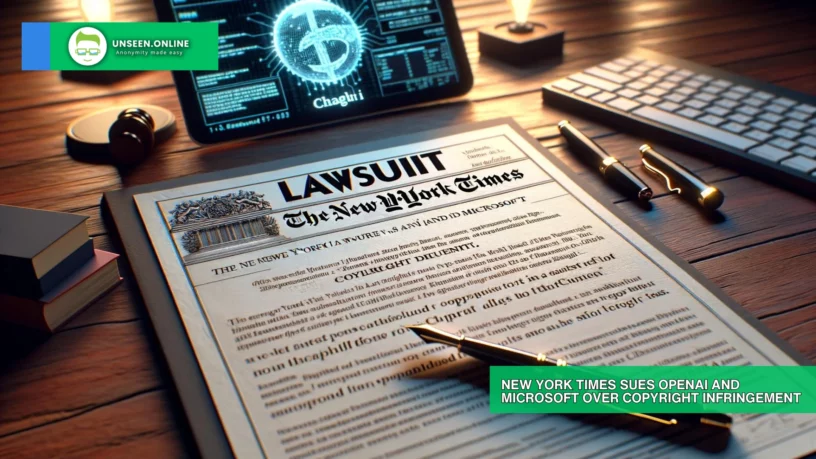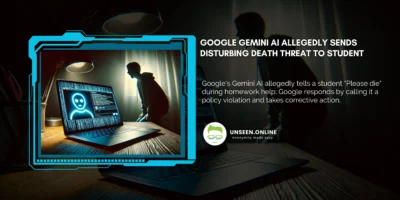In a groundbreaking legal move, the New York Times has filed a lawsuit against OpenAI, the creator of ChatGPT, and tech giant Microsoft, alleging significant copyright infringement. The lawsuit centers around the accusation that millions of New York Times articles were used without authorization to train ChatGPT, OpenAI’s advanced language model.
The New York Times argues that this unauthorized use of their content has positioned ChatGPT as a direct competitor in the realm of reliable information sources. The newspaper highlights a specific concern: ChatGPT often generates responses that include “verbatim excerpts” from their articles, which are typically accessible only through a paid subscription. This practice, according to the lawsuit, threatens the newspaper’s subscription-based revenue model and its advertising income.
Furthermore, the lawsuit points out an issue with Microsoft’s Bing search engine, which incorporates ChatGPT features. The Times alleges that Bing has displayed search results sourced from their content without providing appropriate links or referral links that contribute to their income.
Both OpenAI and Microsoft, named defendants in the case, have yet to respond publicly to these allegations. The BBC has reached out to both companies for comments, which are awaited as the legal proceedings unfold. This case marks a significant moment in the ongoing debate over intellectual property rights in the age of AI and machine learning advancements.








1 Pingback